"She is at nine weeks so she has just missed the cut-off for a medical termination of pregnancy.
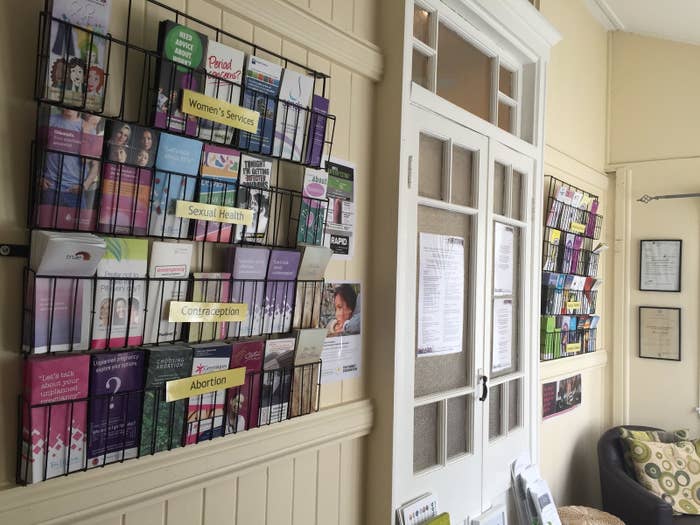
"She was with the guy for a month, but noticed the red flags for domestic violence... he was throwing things and getting controlling so she ended the relationship, which is really good."
It is 9am and the phones are ringing at Queensland's only standalone pro-choice counselling service for pregnant women, Children by Choice.
Counseller Sian Tooker is explaining a new client's case to her boss, the organisation's manager Amanda Bradley, so they can make a game plan.
"She is an Indigenous woman with a young child," Tooker says.
Tooker is perched in what they call the "money chair" – the seat where counsellors sit when they have to workshop how to raise financial assistance for clients who can't afford an abortion.
Women terminating a pregnancy face financial, legal and geographical barriers in Queensland, where abortion is still in the criminal code and is only lawful to “prevent serious danger to the woman’s physical or mental health”.
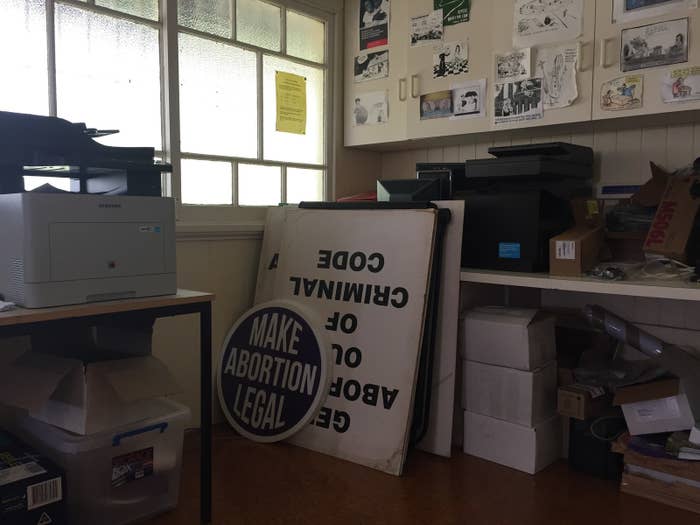
To get an abortion you need hundreds of dollars at short notice because they are mostly performed by private clinics – Queensland Health estimates only 1% of abortions are performed in public hospitals.
There is a Medicare rebate but it doesn’t cover the whole cost.
"She said she could put maybe $250 towards the abortion but I went through a budget with her and she is barely making ends meet," Tooker tells Bradley.
"This pay she is getting $281, but if she uses that to pay for the abortion she can't pay for anything else."
"Can we look into food parcels perhaps too?" Bradley asks. "We don't want to put her under financial stress.
"She should be getting some rental assistance of $159 a fortnight, but that hasn't been confirmed, and she has a debt with Centrelink too so she can't get an advance."
They decide the woman could be a candidate to receive funding from an Indigenous health service, which could cover part of the $450 medical bill.
Bradley resolves to call the abortion clinic in the woman's area and see "what can be done about the price" – she spends a lot of her time negotiating down the price of abortions for women in parlous financial predicaments.
Counseller Michelle Reynolds has just finished a call with a "pretty distressed woman" in a complicated situation.
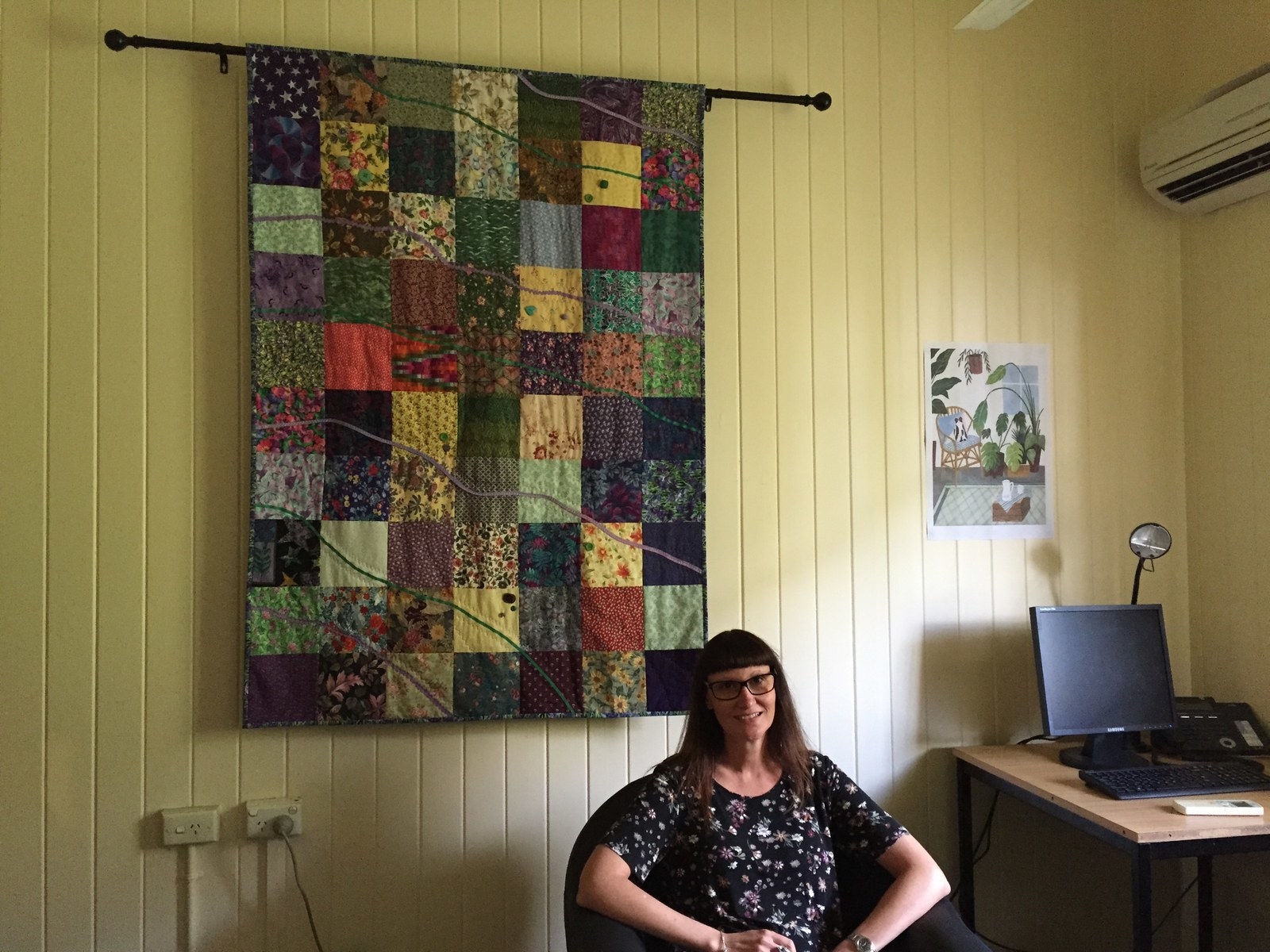
A GP had inserted an IUD contraceptive device into the woman, after the mandatory clear pregnancy test result, three weeks earlier.
After feeling sick and suffering headaches she returned to the GP who "tried and tried" to remove the device but couldn't dislodge it.
After going to another clinic where the doctor also could not dislodge the contraceptive, she went to a hospital, where it was discovered she was pregnant.
"They refuse to remove the IUD because she is pregnant and will miscarry if they pull it out, and because abortion is a crime they're not touching her," Reynolds says, exasperated.
"They basically told her that when things go pear-shaped, as they obviously will with a pregnancy and a device in the same uterus, she can come back to the emergency department.
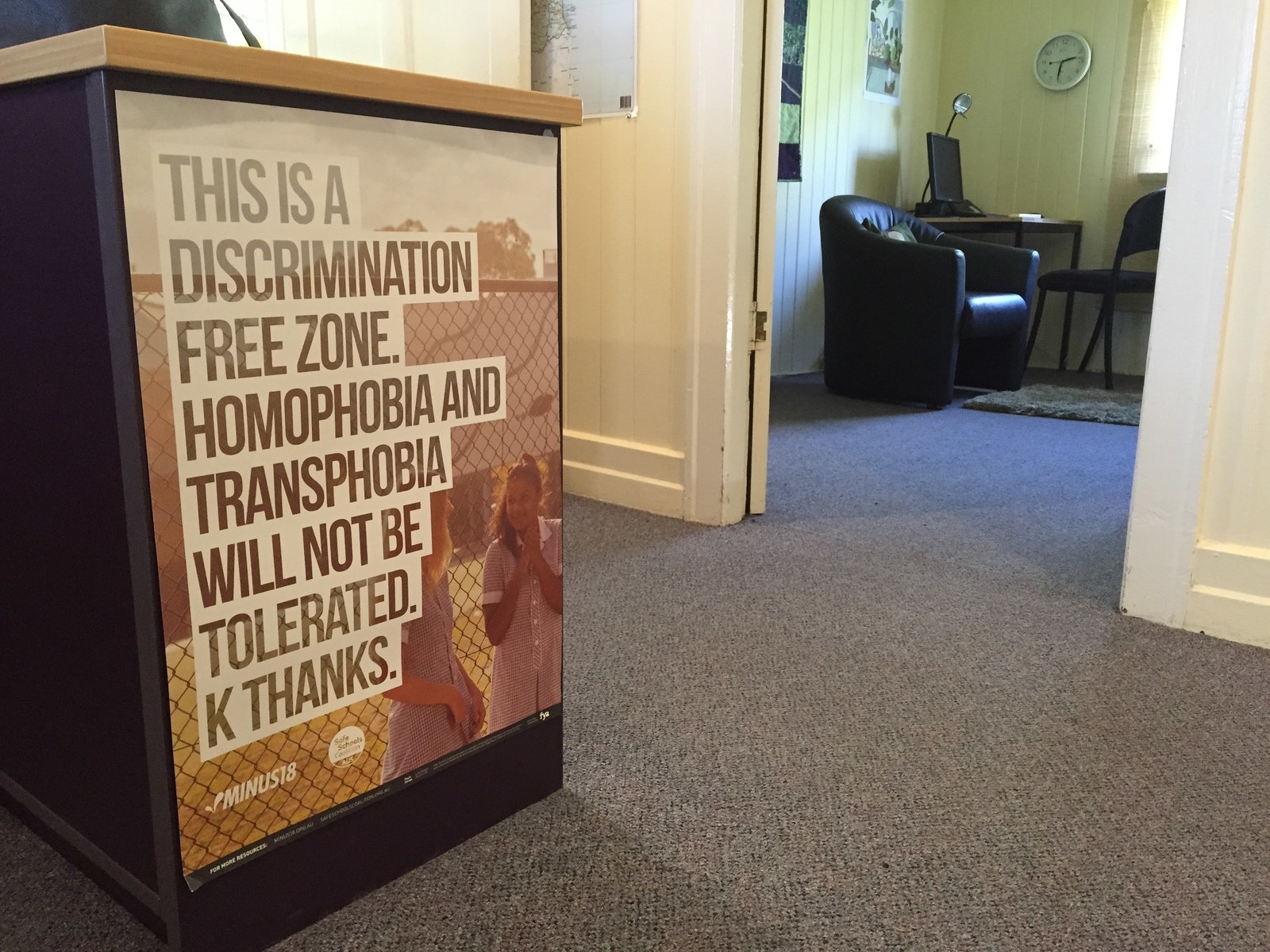
"They gave her antibiotics because she's got cramping and bleeding, and they sent her on her way; we've called [another hospital in the state] but they're not touching her either."
The woman booked herself into an abortion clinic, Reynolds says, as she "does not want a pregnancy and just wants this sorted out", but she is on a very low income.
"We're hoping the clinic can do the procedure and remove the IUD."
Reynolds takes to the "money chair" to brainstorm with Bradley.
The woman is only seven weeks and two days into her pregnancy, so a medical termination would usually be the cheapest and most accessible option. However this is not a possibility because of the IUD, so Children by Choice needs to raise money as soon as possible for a $450 surgical termination.
"She is single parenting with two children... and feels she can handle a $15 per fortnight repayment plan [up to $150]... so we need to try and find $300 somewhere."
Bradley groans.
The organisation, which started as a handful of volunteers in 1972, has been fighting for abortion to be taken out of Queensland's criminal code for decades.
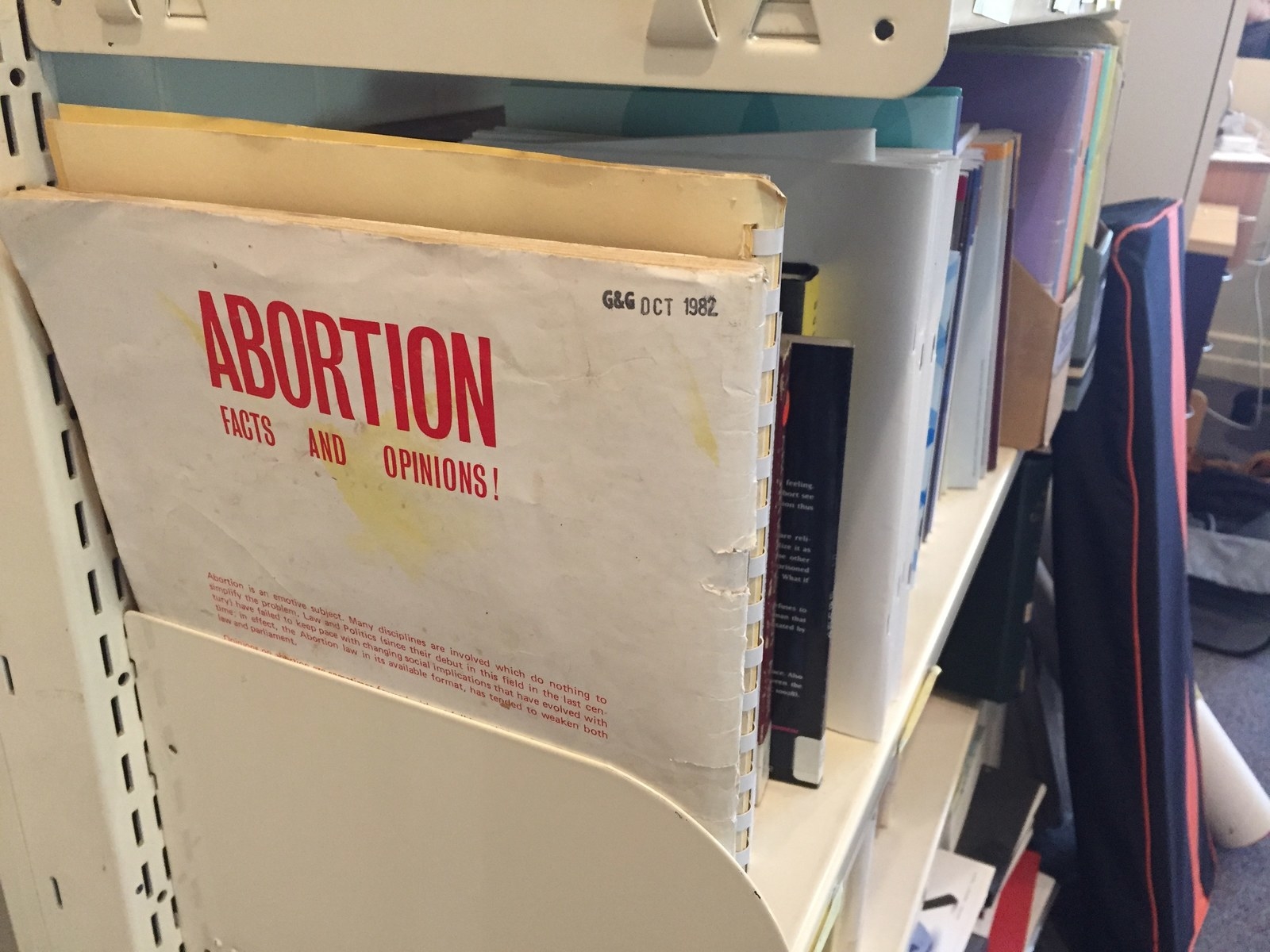
"If abortion was no longer a crime, hospitals would no longer be able to hide behind this legal smoke screen, and we could start to build up referral pathways so when we have rape victims we could actually link them in with their public hospitals, instead of having to try and find them money to go to a private clinic," Tooker says.
"Women will turn up to a hospital and ask for an abortion and they will be turned away without being asked what is happening in their life. These are women who are fleeing domestic violence, these are women who are suicidal."
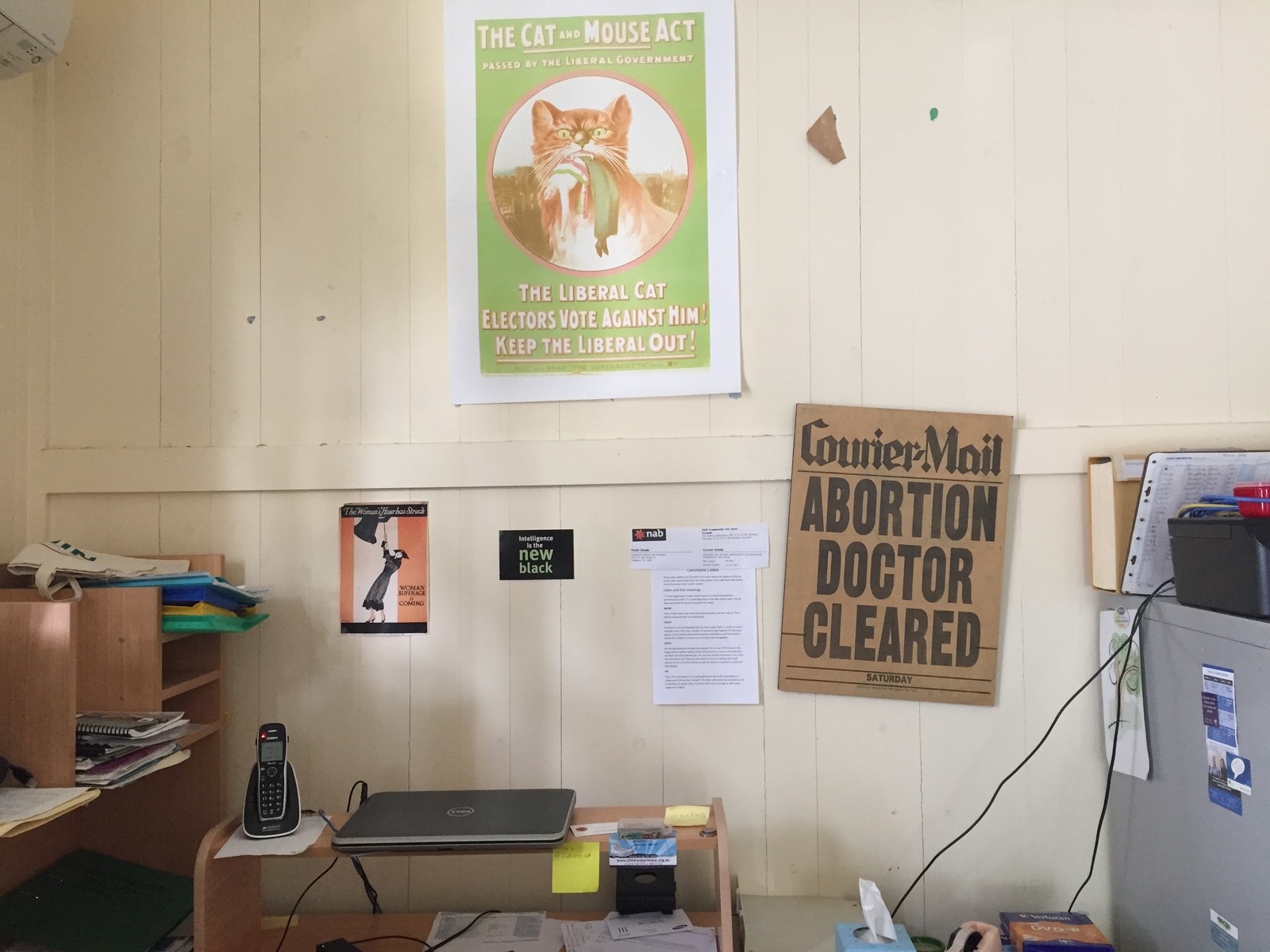
Legislation to decriminalise abortion in Queensland is currently on the backburner after every member of the state's Liberal National opposition vowed to vote against the bill last month.
Decriminalisation wouldn't be a "magic wand" but access can not improve until there are at least some terminations provided in public institutions, Tooker says. It is currently a "two-tiered system" in which "poor women suffer the most".
"If you are wealthy or at least have some resources, you can afford an abortion or afford to travel to get one. If you're poor, you can't.
"If you live in a metropolitan area you’ve got a better chance of access; if you're further out, it is harder.
"And if you are having an abortion for a fetal abnormality, some hospitals will allow the termination; [but] if you're having an abortion for any other reason then you need a private clinic."
The staff at Children by Choice were frustrated and disheartened by the public discourse after bills to decriminalise abortion were proposed by independent Cairns MP Rob Pyne.
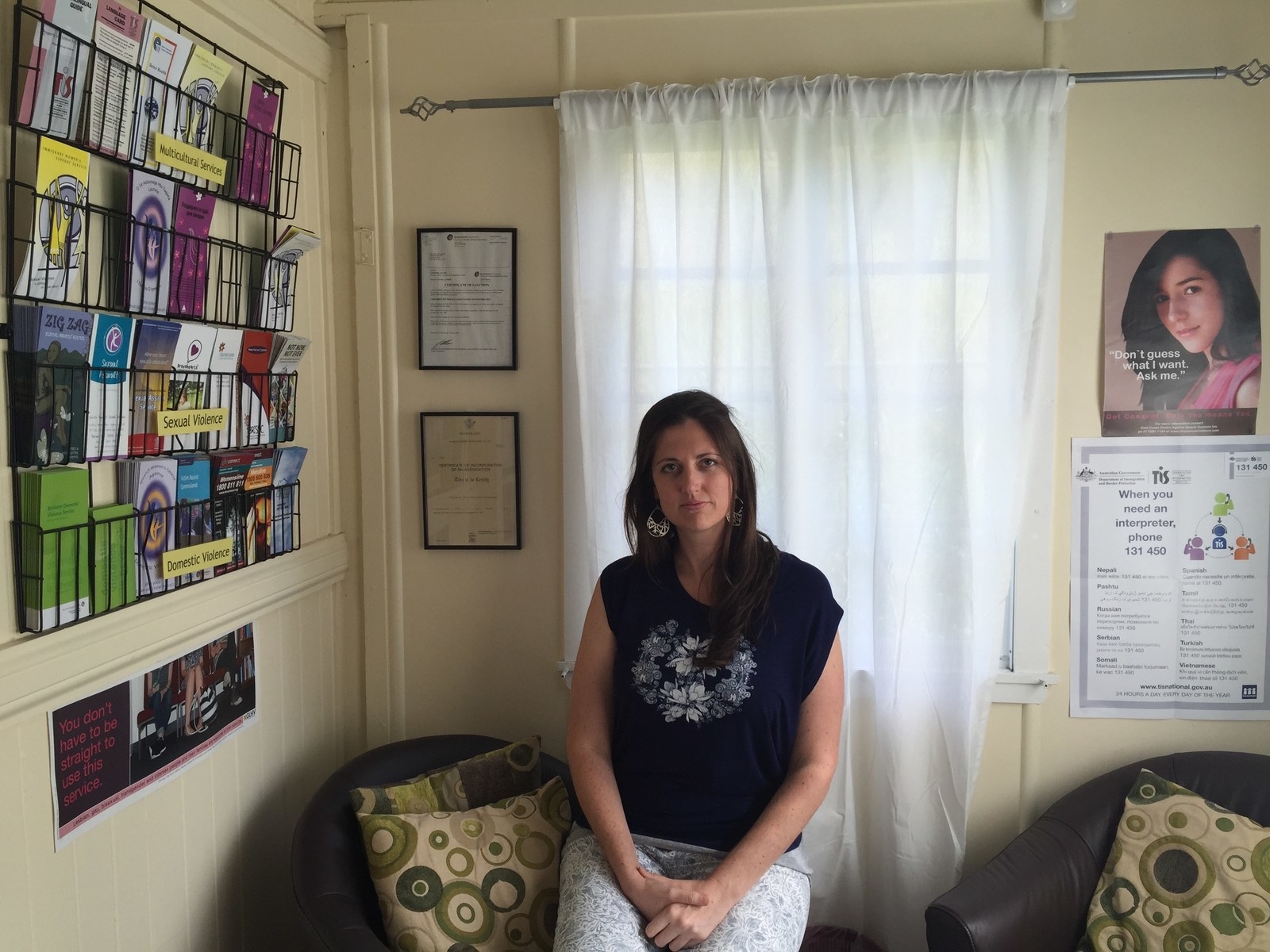
"Pro-life" MPs and groups claimed abortion was easily accessible in Queensland and that decriminalisation would prompt a spate of late-term abortions in which a baby could be "killed up until the moment of birth".
"It isn't easy to get a late-term abortion... I have a client today who was very distressed after discovering a higher gestation pregnancy which she didn't know was there, and now termination just isn't an option for her," Tooker says.
"After 20 weeks it is over $7500 to terminate, and that isn't easy money for most people. But there is also a gestational limit, so unless there is a serious fetal abnormality, or risk to the mother's life, you can't really get a termination at that stage."
Instead, Tooker's client was going to go down the adoption route.
"I've been linking her in with adoption services and just helping her process the fact that she is pregnant and going to be having a child. She is under 25 and at risk of homelessness so we are looking at her accommodation situation."
The idea that abortion is "accessible" is common among people who haven't had an abortion, or are privileged enough that it isn't a difficult process, she says.
"If you found it easy to access an abortion you are lucky, probably white, well-off and live in a city."
